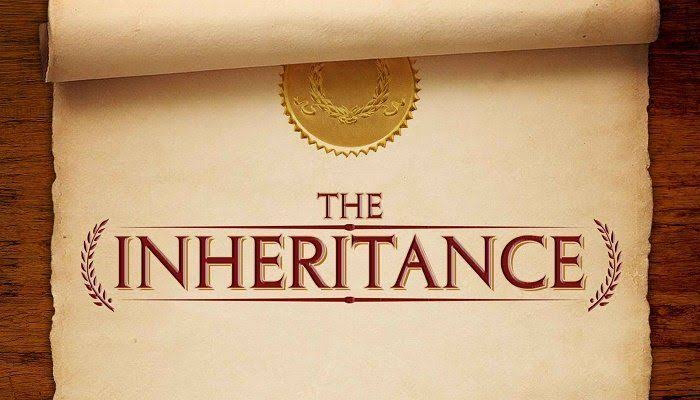The Pandemic Times
The Indian Judiciary has been overburdened for several years, and COVID-19 is simply adding to the present menace. As of May 27, 2020, there are approximately 3.24 crore unfinished cases in India’s subordinate courts and concerning 48.2 lakh unfinished cases inside the High Courts.
The Supreme Court, vide its notification dated March 13, 2020, restricted the functioning of the Court to “urgent matters” solely.
The functioning of high courts in urgent matters is restricted as well. In the normal course, a high court hears north of 400 matters each day. As per data collected from Daily Cause Lists of varied High Courts, since late March, High Courts across the country are hearing anywhere between 10-100 matters each day.
Over 80% of pending cases account for Subordinate courts. On June 2, the Karnataka high court extended the closure of all district courts, family courts, labour courts, and industrial tribunals within the state till July 6. On Apr 29, the Punjab & Haryana tribunal ordered that everyone district and sub-divisional Courts in Punjab, Haryana, and Chandigarh will function “restrictively” from May Day “till the lockdown/curfew is effective within the respective area”. thereby, the burden on courts increases due to these restrictive measures it has also led to a glut of pending cases.
Justice Delayed Is Justice Denied
Pendency in India’s courts has invariably been a hindrance in securing timely justice for individuals, if not denying justice altogether. as a result of the same old functioning of courts has been noncontinuous, several undertrials and even several of those whose appeals ar unfinished, ar left with no recourse. It will hardly be denied that the subject proverb has specific force at intervals the criminal sphere.
In pursuance of the Apex Court’s directions dated March 23, states and union territories are asked to constitute High Powered Committees “to work out which class of prisoners are often released on parole or an interim bail for such period as could also be thought appropriate.”
Therefore, each state is liberal to determine its own criteria for granting bail. Further, the Supreme Court has processed vide its order dated April 13 that it isn't directed the states/union territories “to obligatorily unleash the prisoners from their several prisons.” This clarification has allowed High Courts to further prohibit the character of cases throughout that they are ready to grant bail. Coronavirus cases have already sprung up in various jails across India, including over 180 cases in Mumbai’s Arthur Road Jail.
Plight of Advocates and Law Firms
A PIL was filed within the Supreme Court urging that non-payment of rent for professional premises rented by advocates shouldn't be made a ground for eviction during lockdown. However, the Apex Court refused to entertain the plea, remarking that it had been "not getting to enter into this issue" on April 30, and dismissed the petition as withdrawn.
Further, on May 8, a three- Judge Bench of the Supreme Court dismissed a plea urging the Court to direct the govt to formulate a consistent welfare scheme for lawyers affected across the country.
Daily appearances in court are the most source of income for many advocates, and income has come to a drip, if not completely dried up. within the month of April, 82,725 cases were filed in India’s courts as compared to eight,80,000 cases in March. This steep decline in cases filed has consequently resulted during a significant dip in court fee, besides lawyers’ income.
A petition was filed within the Madras high court, seeking a direction to the state and therefore the Bar Council to release Rs. 50,000 to advocates, so as to catch up on the loss of labour. However, the Bar Council of Tamil Nadu & Puducherry has resolved to disburse only Rs. 4,000 each to needy lawyers. The Bar Council wasn't in a position to release any longer money due to limited resources.
Law firms have also been severely affected. Many partners have either chosen to renounce salaries this fiscal year or agreed to require significant pay cuts. Moreover, clients are questioning the particular amount of their time that firms are spending on their matters, thereby making firms consider implementing technology that might track the number of hours spent by an executive on a client’s job, so as to supply proof to clients. this is often great innovation; however, it comes with a big cost during a day and age of unprecedented lows in business.
Conclusion
This piece has only covered a number of the ramifications of COVID-19 on the bar and there are other areas like legal education which also got to be addressed on a priority. the prevailing delays within the system will only be exacerbated by the impediments COVID-19 will inevitably present to the progress of investigations, charging decisions, pre-trial processes etc.
It appears that the Coronavirus is here to remain, and therefore the Judiciary must deal with it. Normal functioning or rather “new normal” functioning of courts goes to require its own time. Hopefully, it shouldn’t take too long, lest Lady Justice will soon need to, alongside a blindfold, sword and scales, be adorned with a mask.
-Anisha Rastogi




Comments
Post a Comment